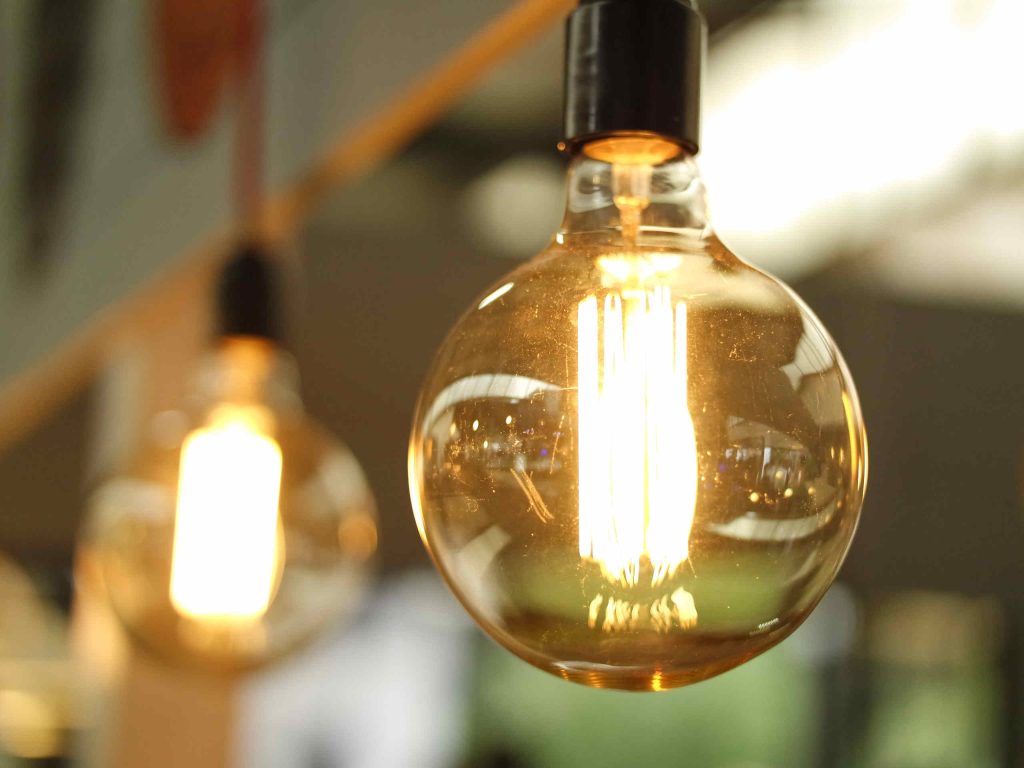
Energy costs are a major challenge for hoteliers and restaurateurs. To counteract these costs, efficient energy management is of great importance. This blog post presents practical energy-saving tips for hoteliers that can help to reduce energy consumption and save costs. In particular, we will focus on the possibilities of heat recovery and the optimal placement of air conditioning units in the rooms. Here are some examples of how hoteliers can improve their energy efficiency.
To counteract rising energy costs, efficient energy management is of great importance for hoteliers. Through heat recovery, optimal positioning of air conditioning systems, innovative shower heads and efficient lighting technology, hoteliers can reduce their energy consumption and save costs. An expert on-site analysis helps to identify individual savings potential. By implementing these energy-saving tips, hoteliers can not only reduce costs but also make a contribution to environmental protection.

Summer tourism in Austria is experiencing an upswing – but not without challenges. Between geopolitical uncertainty, climatic changes and changing guest needs, the industry has to reinvent itself. Why “coolcation”, intentional travel and retreat offers will make the difference in the future – and how a hotel on the Arlberg is already serving as a role model.
Barbecuing remains the Austrians’ favorite discipline, as the latest barbecue study 2025 shows. The younger generation in particular is rediscovering the grill for themselves: trend-conscious, internationally inspired and with a focus on taste, quality and sustainability. Read on to find out which barbecue trends will be particularly popular in 2025 and what restaurateurs can take away from them.
From soap in a paper bag to protecting the marine environment: sustainability in the hotel industry is no longer just about organic certificates or reusable drinking straws. Rather, it is clever ideas that are suitable for everyday use, innovative products and genuine commitment that make the difference. This article brings together inspiring examples from the field – and shows how sustainability can become a tangible attitude.


Energy costs are a major challenge for hoteliers and restaurateurs. To counteract these costs, efficient energy management is of great importance. This blog post presents practical energy-saving tips for hoteliers that can help to reduce energy consumption and save costs. In particular, we will focus on the possibilities of heat recovery and the optimal placement of air conditioning units in the rooms. Here are some examples of how hoteliers can improve their energy efficiency.